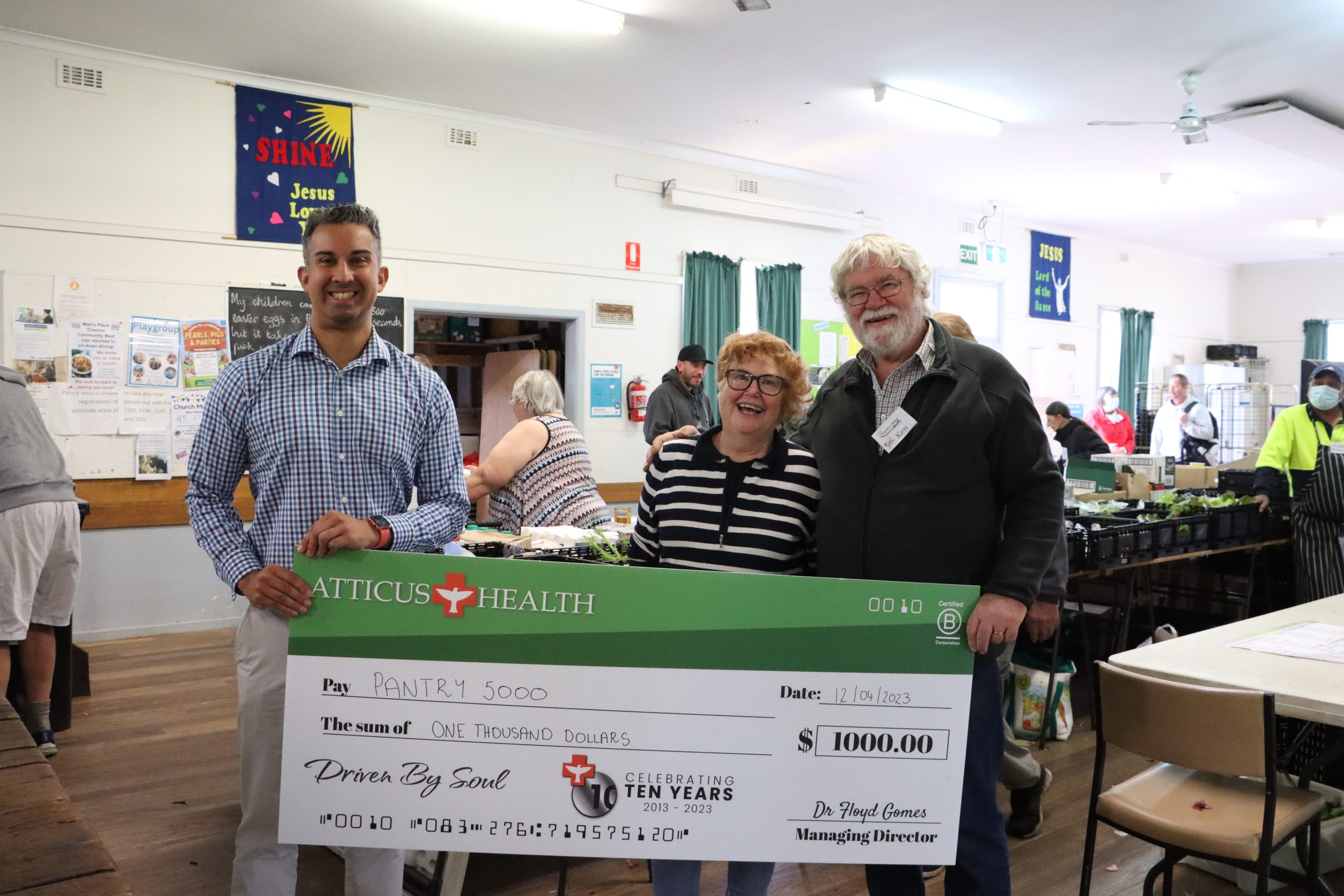In recent years, “social prescribing” has emerged as a transformative approach to healthcare that goes beyond traditional medical interventions. It recognises that health is not solely determined by medical treatments but is deeply influenced by various social, environmental, and lifestyle factors. As I delved into the world of social prescribing, I have gained valuable insights into its potential and discovered effective strategies to promote and drive change in this field. In this article, I will share my learnings about social prescribing and discuss ways we can all move towards influencing change.
Understanding Social Prescribing:
Social prescribing is a holistic approach that connects individuals with non-clinical resources and activities to improve their overall well-being. Instead of solely relying on medication, doctors and healthcare professionals prescribe activities such as art classes, exercise programs, community volunteering, and support groups to address underlying social determinants of health.
So what are the social determinants of health?
The World Health Organization (WHO) defines social determinants of health as follows:
“the conditions in which people are born, grow, work, live, and age, and the wider set of forces and systems shaping the conditions of daily life. These forces and systems include economic policies and systems, development agendas, social norms, social policies and political systems.”
The social determinants of health include factors such as income, social support, early childhood development, education, employment, housing and gender.
In this article I will share my learnings and experiences from connecting with the community groups that are already engaging in social prescribing initiatives.
The Power of Community:
One of the most profound lessons I learned during my visits was the transformative power of community. Community groups like Pantry 5000 & Warragul Community House play a crucial role in providing individuals with a sense of belonging, food support, and purpose. These groups can range from gardening clubs and art therapy sessions to walking groups and cooking classes. By participating in these activities, individuals not only develop new skills but also build social connections, which are vital for their mental and emotional well-being.
Addressing the Holistic Needs:
Recognise that an individual’s health is not limited to physical symptoms but encompasses various dimensions, including social, emotional, and psychological well-being. Through my interactions with Crib Point Community House, I observed how social prescribing initiatives cater to these holistic needs. For example, exercise classes not only improve physical health but also boost self-confidence and reduce stress. Similarly, at Somerville Community House, the support groups provide a safe space for individuals to share their experiences and seek emotional support. By involving people in decision-making and understanding their unique circumstances, healthcare professionals can create meaningful connections between individuals and appropriate community resources
Empowerment and Self-Management:
Empower individuals to take charge of their health and well-being. At Willum Warrain by connecting people with resources and activities that align with their interests and preferences, social prescribing allows their members to explore and discover what works best for them. This personalised approach promotes self-management and encourages individuals to become active participants in their own care, leading to better long-term health outcomes.
Collaboration between Atticus Health and Community Organisations:
Effective implementation of social prescribing relies on strong collaboration between general practice- receptionists, nurses & doctors and the community groups we serve. During my visits, I witnessed the value of partnership between doctors, nurses, social workers, and community leaders. At Pantry 5000 in Carrum a few weeks ago, we administered 35 flu vaccinations to people struggling with no income, no jobs or house in some cases. This small collaboration ensured that individuals receive appropriate support, and helped to bridge the gap between healthcare and community.
Strategies for Influencing Change:
Collaborative Partnerships: We will continue to foster partnerships between Atticus Health, community groups , and local authorities. By working together, we can leverage collective resources and expertise to establish sustainable social prescribing programs.
Professional Training: Ensure staff receive comprehensive training on social prescribing concepts,. so that you feel empowered to embrace this approach and effectively implement it in all of our practices.
Research and Evidence: Support and conduct research to generate robust evidence on the impact of social prescribing and publish findings to staff to build a strong evidence base for the integration of social prescribing into mainstream healthcare.
My journey through meeting these community groups & engaging with them has been eye-opening. Witnessing the positive impact of these initiatives on individuals’ lives reinforced my belief in the power of community and the potential of social prescribing to improve health outcomes. By recognising the importance of social factors and integrating community-based support, we can move towards a more holistic and person-centered approach to healthcare. It is my hope that these learnings inspire, even in a small way, the rest of the Atticus community to embrace social prescribing and work towards creating healthier, happier communities.
Social prescribing is a promising approach to improving health and wellbeing by linking our patients with non-medical support in their communities. While there is still so much for us to learn about the most effective approaches and models for social prescribing, there is growing evidence to suggest that it can have a range of positive outcomes for patients. By working together to develop and implement social prescribing initiatives, Atticus Health and community groups can be part of a larger social movement to create supportive environments for the health and wellbeing of our communities.





